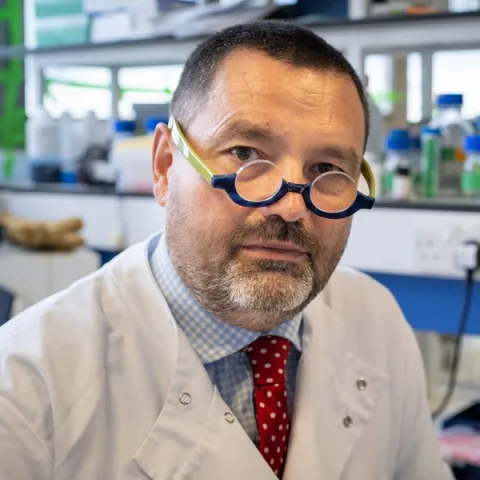About the project
Work with us on this exciting and cutting-edge research at The National Institute for Health Research (NIHR) Southampton Biomedical Research Centre (BRC).
You will be supervised by a team of domain experts and will have access to multidisciplinary knowledge and resources from NIHR Southampton BRC and the wider community. You will be working with a group of PhD students at BRC, who will also work on research in Data Health and Society (DHS).
Artificial intelligence (AI) offers the potential to transform discovery medicine and patient care through novel data-driven approaches to disease diagnostics and treatment. The data required about humans and their environment is diverse and multimodal, and often research must consider relationships between datasets representing biological (genomics), clinical (healthcare systems), behavioural (activity tracking) and environmental (pollution) phenomena. Each dataset is likely to be collected and donated for a specific purpose and within a specific context by different organisations and individuals. Since the data relates to an individual’s human health, it is considered sensitive personal data, requiring a lawful basis for processing, data protection measures and maintenance of public trust.
This research will build on the socio-technical approach to data stewardship outlined by the Social Data Foundation (SDF). The SDF brings together governance models with information systems to create data trust services that respect societal values and are endorsed by the community. For trustworthy data donation, individuals and communities require useful and effective tools, workflows, processes, and mechanisms that can provide meaningful insight and control over how donated person data are shared, reused, and governed in health-related research.
The research aims to establish a citizen-orientated interaction model for data donation to medical research that increases public trust and participation in AI. The goal is to promote data donation by understanding and codesigning the socio-technical mechanisms for:
- incentivising data participation in research
- supporting citizens in safely exercising data-related rights such as portability
- transparently communicating data decisions, usage, and benefits of research
The research is to implement and evaluate the socio-technical mechanisms as a citizen data donation interface to secure research environments. The evaluation will be based on a representative use case from Asthma, a common and long-term respiratory condition, with diverse data requirements and many potential AI use cases.



